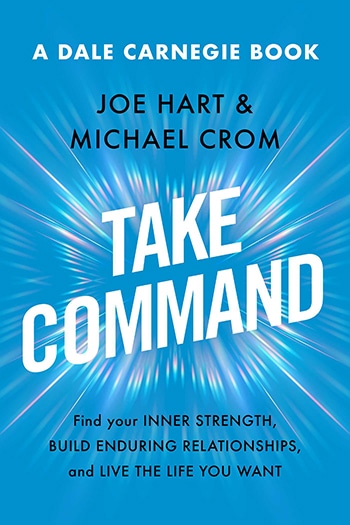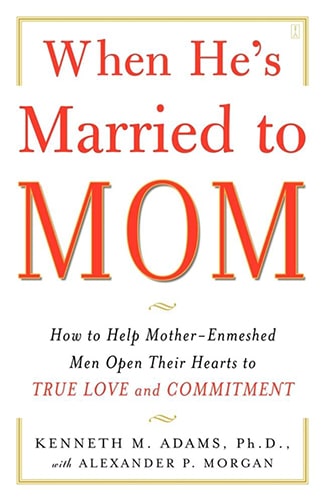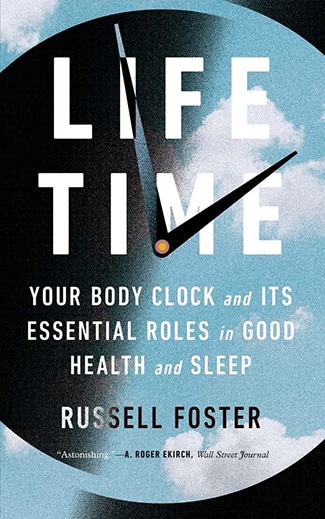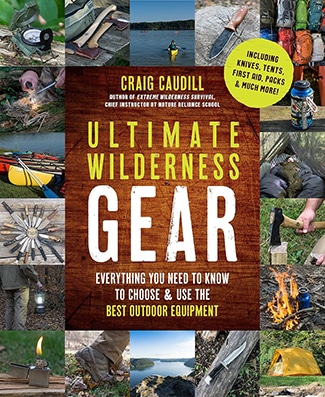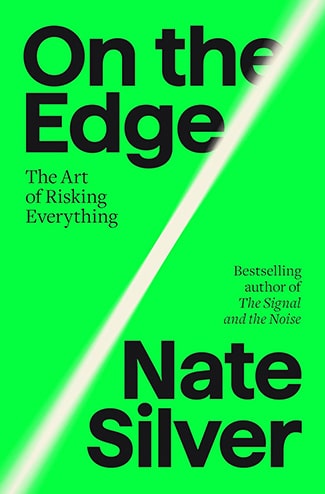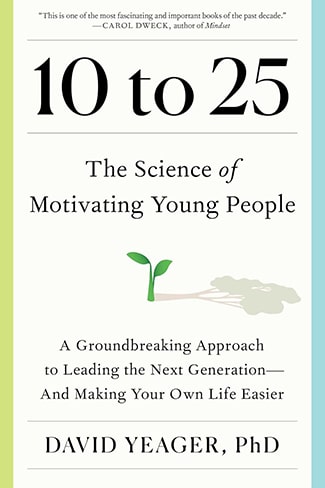Podcast Summary
The Importance of Talking About Money with Children: Teaching children about personal finance in a grounded, generous, and smart way can help them develop healthy financial habits and attitudes. Avoiding money conversations may create mystery or shame.
Parents often find it uncomfortable to talk about money with their children due to societal norms and upbringing. However, avoiding the topic can actually harm children in the long run. Ron Lieber, the money columnist at the New York Times and author of "The Opposite of Spoiled," emphasizes the importance of teaching children about personal finance in a grounded, generous, and smart way. By not discussing money, parents may inadvertently create a sense of mystery or even shame around it. Instead, open and honest conversations about money can help children develop healthy financial habits and attitudes. Ron and Brett discuss practical tips on allowances, generosity, budgeting, and more in the podcast. Check out the show notes at aom.s slash Libra for resources and highlights.
Teaching kids about money early is crucial: Start financial education early to help kids make informed decisions and avoid future financial pitfalls
Parents play a crucial role in preparing their children for financial decisions they'll face as adults. Delaying money conversations until teenage years can leave kids unprepared when they encounter large expenses, like college costs. The opposite of a spoiled child isn't just the absence of spoiling, but a child who has learned healthy financial habits. The term "spoiled" is often used as an indictment of parents' failure to teach their children responsibility with money. It's essential to start teaching children about money as early as possible to help them make informed decisions and avoid potential financial pitfalls in the future.
Understanding Spoiled Children: Spoiled children lack boundaries, accountability, and experience failure, which can negatively impact their financial habits later in life. Parents can prevent this by setting clear rules and allowing children to face challenges.
Being "spoiled" goes beyond just material wealth and involves a lack of rules, consequences, and the inability to experience failure. Spoiled children are those who have no boundaries, no accountability, and are constantly shielded from challenges. This mindset can influence their financial habits later in life, as they may feel entitled to unlimited resources and lack the skills to manage money effectively. Researchers have found that even families with limited financial means can raise spoiled children if they overcompensate out of guilt or try to shield them from hardships. The opposite of being spoiled, therefore, would be instilling a sense of responsibility, setting clear rules and consequences, and allowing children to experience failure as a natural part of growth.
Teaching virtues through money conversations: Embrace money talks with kids to instill virtues like modesty, grit, prudence, patience, perseverance, generosity, and gratitude.
Instead of shying away from money conversations with our children, we should embrace them as opportunities to instill important virtues. Conversations about saving, spending, and giving can directly contribute to values such as modesty, grit, prudence, patience, perseverance, generosity, and gratitude. While some may view money as an evil corruptor, it can actually be a valuable tool for teaching these virtues, leading to a more grounded and well-adjusted life. The author's research, which drew from various religious and secular perspectives, supports this idea. By engaging in money conversations and incorporating family practices and rituals around money, we can help our children develop a healthy relationship with money and become the grounded, virtuous adults we hope they will be.
Talking About Money with Kids: A Necessary and Inevitable Conversation: Parents should engage in money conversations with kids early and often, using relatable examples and simplifying complex concepts to help them understand the value of work and needs vs wants.
Starting conversations about money with children is inevitable and essential, as they often initiate these discussions at a young age. Parents should not dismiss these queries but instead help their kids understand the difference between needs and wants, and the value of work and various professions. These conversations can be simplified by using relatable examples and framing the parent's job as a heroic role in society. While the discussions may start early, around age two, they can become increasingly complex as children grow older and require more nuanced explanations. Overall, these conversations are crucial in helping children develop a healthy understanding of money and its role in their lives.
Approaching children's questions about social class: Empathize and be honest when kids ask about wealth or material possessions. Explain that we can't always know others' circumstances and focus on open conversations to help kids understand social class and build resilience.
Parents should approach their children's questions about social class with empathy and honesty. Children may ask about wealth or material possessions out of curiosity, not to judge or compare. It's natural for parents to feel defensive, but it's essential to remember that kids are trying to understand their place in the world. To help navigate this sensitive topic, parents should not lie to their children, explain that we can't always know what others have, and try not to judge others' choices while openly discussing their own. It's important to remember that appearances can be deceiving, and wealth doesn't always equate to happiness or success. By fostering open and honest conversations, parents can help their children develop a healthy perspective on social class and build resilience against envy and comparison.
Money as a teaching tool for values: Parents should explain reasoning behind financial decisions to help kids learn about money and make informed choices
Parents should view money as a tool for teaching values and virtues to their children. When it comes to answering questions about career choices and allowances, the focus should be on explaining the reasoning behind decisions rather than just providing satisfactory answers. Allowance should be seen as a practice opportunity for children to learn about money, rather than a form of compensation for chores. By approaching money as a teaching tool, parents can help their children develop important financial skills and make informed decisions for their future.
Setting clear boundaries between chores and allowance: Teach kids about money by establishing chores as duties and allowance as earned rewards, starting when they understand value.
When it comes to teaching children about money, it's important to establish clear boundaries between chores and allowance. Chores should be expected duties within the household, while allowance is earned money for additional tasks or as a reward for age and maturity. Starting the allowance system when children begin to understand the value of money, such as when they receive money from the Tooth Fairy, can help them learn to save, delay gratification, and make wise purchasing decisions. It's also important to allow children to make mistakes and experience regret, as these experiences can help them develop financial responsibility and resilience.
Setting financial limits for kids: Communicate banned items, give allowance for some wants & savings, prioritize spending, and involve kids in decisions for money management skills.
Setting financial limits for children is important, even for parents who can afford to buy them expensive items. This conversation can be challenging, but establishing clear guidelines and allowing children to make decisions with their allowance can help them learn valuable money management skills. Start by creating a list of banned items and communicate it to your kids. This list can include things like violent video games, weapons, or excessive toys. When it comes to allowance, give your children just enough money to buy some of what they want and save up for larger purchases. As they grow older, encourage them to make decisions on their own and set self-limits. For necessities, create a continuum to prioritize spending. For example, underwear may not be worth a significant investment due to children's growth, while outerwear may be a higher priority. By involving children in financial decision-making and setting clear limits, you'll help them develop important money management skills for the future.
Setting clear budgets and encouraging generosity: Clearly defining budgets for needs and wants, and allowing teens to make decisions within those limits, reduces disagreements and fosters responsibility. Prioritizing investments in essential items and encouraging generosity can teach value and empathy.
Setting clear budgets for needs and wants, and allowing teens to make their own decisions within those limits, can reduce disagreements and foster a sense of responsibility. Prioritizing investments in essential outerwear over less important items can also help teach the value of quality and durability. Additionally, encouraging generosity through practices like setting aside a portion of allowance for charitable giving can help instill a sense of empathy and compassion in teens. However, making giving a concrete and regular practice, rather than an abstract concept, can help make it more meaningful and effective.
Sharing personal stories of receiving help can teach kids about generosity and empathy: Personal stories of receiving help can instill gratitude and understanding of giving and receiving in children
Sharing personal stories of how one's family has been helped or received help in the past can be a powerful tool in teaching children the importance of generosity and empathy. Ron Lieber, author of "The Opposite of Spoiled," shares his own experiences of growing up with a mother who survived breast cancer and received financial aid throughout his education. These stories, he explains, helped him understand the value of helping others and instilled in him a sense of gratitude. Lieber encourages families to share similar stories with their children, as they can provide a "visceral sense" of where their roots lie and help kids understand the impact of giving and receiving help. For more information, check out Lieber's book and follow him on Facebook for ongoing conversations about these topics.


